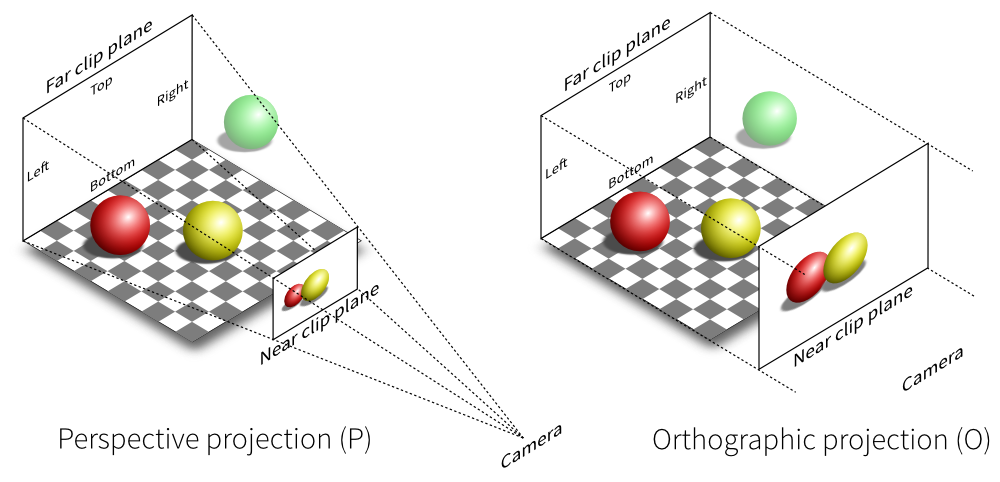1
2
3
4
5
6
7
8
9
10
11
12
13
14
15
16
17
18
19
20
21
22
23
24
25
26
27
28
29
30
31
32
33
34
35
36
37
38
39
40
41
42
43
44
45
46
47
48
49
50
51
52
53
54
55
56
57
58
59
60
61
62
63
64
65
66
67
68
69
70
71
72
73
74
75
76
77
78
79
80
81
82
83
84
85
86
87
88
89
90
91
92
93
94
95
96
97
98
99
100
|
#include <bits/stdc++.h>
inline char read() {
static const int IN_LEN = 1000000;
static char buf[IN_LEN], *s, *t;
if (s == t) {
t = (s = buf) + fread(buf, 1, IN_LEN, stdin);
if (s == t) return -1;
}
return *s++;
}
template<class T>
inline void read(T &x) {
static bool iosig;
static char c;
for (iosig = false, c = read(); !isdigit(c); c = read()) {
if (c == '-') iosig = true;
if (c == -1) return;
}
for (x = 0; isdigit(c); c = read())
x = (x + (x << 2) << 1) + (c ^ '0');
if (iosig) x = -x;
}
const int OUT_LEN = 1000000;
char obuf[OUT_LEN], *oh = obuf;
inline void print(char c) {
if (oh == obuf + OUT_LEN) fwrite(obuf, 1, OUT_LEN, stdout), oh = obuf;
*oh++ = c;
}
template<class T>
inline void print(T x) {
static int buf[30], cnt;
if (x == 0) {
print('0');
} else {
if (x < 0) print('-'), x = -x;
for (cnt = 0; x; x /= 10) buf[++cnt] = x % 10 + 48;
while (cnt) print((char)buf[cnt--]);
}
}
inline void flush() {
fwrite(obuf, 1, oh - obuf, stdout);
}
const int MAXN = 2005;
const int MOD = 1e9 + 7;
#define long long long
typedef unsigned int uint;
int C[MAXN][MAXN], p[MAXN], s1[MAXN], s2[MAXN];
inline uint getC(int x, int y) {
return y < 0 ? x < 0 : C[x][y];
}
inline uint calc(int a, int b, int cnt) {
if (a < b) std::swap(a, b);
long ret = 0;
for (register int i = a - b, r = std::min(a, cnt), j, k; i <= r; i++) {
j = i - a + b, k = cnt - i - j;
if (j >= 0 && j <= b && k >= 0 && a - i - k >= 0)
(ret += (long)C[cnt][i] * C[cnt - i][j] % MOD * (long)p[k] % MOD *
getC(a - i - k + cnt - 1, cnt - 1)) %= MOD;
}
return ret;
}
int main() {
#ifndef ONLINE_JUDGE
freopen("in.in", "r", stdin);
#endif
register int n1, n2, n3, n4;
read(n1), read(n2), read(n3), read(n4);
p[0] = C[0][0] = 1;
register int max = std::max(n1 + n2, n3 + n4) + 1;
for (register int i = 1; i < max; i++) p[i] = ((long)p[i - 1] << 1) % MOD;
for (register int i = 1; i < max; i++) C[i][0] = 1;
for (register int i = 1; i < max; i++)
for (register int j = 1; j <= i; j++)
C[i][j] = (C[i - 1][j - 1] + C[i - 1][j]) % MOD;
for (register int i = 0, r = n1 + n2; i <= r; i++)
s1[i + 1] = calc(n1, n2, i);
for (register int i = 0, r = n3 + n4; i <= r; i++)
s2[i + 1] = calc(n3, n4, i);
register long ans = 0;
for (register int i = 1, r = n1 + n2 + 1; i <= r; i++) (ans += (long)s1[i] *
(s2[i - 1] + (long)2 * s2[i] + s2[i + 1])) %= MOD;
print(ans);
flush();
}
|



